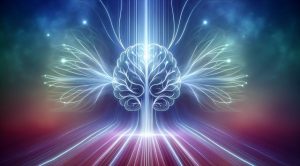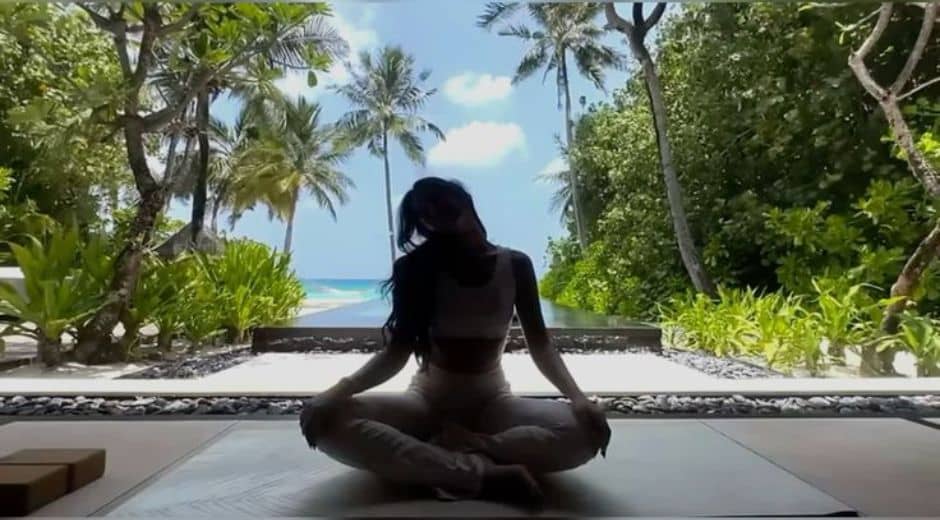Gratitude Practices: Transform Perspective Through Awareness
Gratitude Practices: Transform Perspective Through Awareness
In a world that often feels fast-paced and overwhelming, cultivating a sense of gratitude can be transformative. Practicing encourages mindfulness, emotional balance, and intentional living. It allows individuals to shift focus from what is lacking to what is abundant, fostering a sense of contentment and clarity.
Scientific studies and wellness experts consistently emphasize that gratitude is more than a feeling—it is a practice that can reshape thought patterns, reduce stress, and improve overall mental well-being. Regularly engaging in exercises helps individuals recognize small joys, appreciate life’s simple moments, and strengthen resilience against challenges.
The Science of Gratitude
Neuroscience has shown that practicing gratitude activates brain regions associated with reward, motivation, and empathy. Expressing appreciation releases dopamine and serotonin, the neurotransmitters responsible for happiness and emotional stability. This biological reinforcement explains why consistent practices contribute to long-term mental clarity and emotional resilience.
Insights from sources like TheTimes highlight that cultivating a grateful mindset is linked to lower stress levels, improved sleep quality, and stronger interpersonal relationships. By intentionally focusing on positive experiences, individuals train their minds to notice and value what they have, rather than dwelling on negativity.
Simple Practices
Implementing it into daily life can be simple yet powerful. Here are some practical methods:
Gratitude Journaling: Write down three to five things you are thankful for each day. This practice encourages reflection and reinforces positive thinking.
Morning Reflections: Begin each day by silently acknowledging what you appreciate, setting a mindful and intentional tone.
Evening Review: Reflect on moments of joy or lessons learned, helping to end the day with calmness and perspective.
Expressing Appreciation: Verbally thank friends, family, or colleagues. Sharing gratitude strengthens relationships and reinforces positive emotions.
Mindful Observation: Take time to notice small, often overlooked aspects of life, such as a sunny morning, a kind gesture, or a moment of peace.
These practices are flexible and can be adapted to individual lifestyles. The key is consistency—regular engagement with gratitude creates lasting shifts in perception and emotional response.
Gratitude and Emotional Resilience
Practicing it enhances emotional resilience by training the mind to respond to stress with perspective rather than panic. Recognizing positive aspects in difficult situations helps reduce anxiety and fosters problem-solving abilities. By acknowledging what is going well, individuals develop a balanced outlook, which strengthens mental endurance during challenging times.
Engaging in gratitude also encourages empathy. When we reflect on our blessings, we become more aware of others’ needs and contributions, fostering stronger social connections and compassionate behavior. This dual benefit—enhancing personal well-being while improving interpersonal relationships—is why gratitude is a cornerstone of conscious living.
Creative Ways to Practice
Beyond traditional journaling or verbal acknowledgment, there are creative approaches to integrate it into life:
Vision Boards: Include images, words, or symbols representing things you appreciate or wish to cultivate.
Gratitude Jar: Write daily notes of thanks and place them in a jar to review later, reinforcing positive reflections.
Mindful Walks: While walking outdoors, focus on elements of nature, life, or relationships that evoke gratitude.
Meditation and Visualization: Meditate on aspects of life that bring joy or stability, integrating feelings of appreciation into visualization practices.
Combining it with mindfulness and visualization amplifies its effect, creating deeper emotional and cognitive benefits.
Long-Term Benefits
Consistent gratitude practice produces enduring advantages:
Enhanced Mental Clarity: Shifting focus to positive aspects reduces mental clutter and promotes clear thinking.
Improved Emotional Regulation: Recognizing blessings fosters calmness and reduces impulsive reactions.
Increased Optimism: Regular gratitude reinforces a positive outlook on life, improving motivation and satisfaction.
Stronger Social Bonds: Expressing appreciation strengthens connections with family, friends, and colleagues.
Resilience in Adversity: A grateful mindset helps navigate challenges with perspective and hope.
Through these benefits, becomes more than a daily ritual; it evolves into a transformative lifestyle practice.
Integrating into Modern Life
Modern life can be distracting, yet integrating gratitude need not be complicated. Small, intentional actions accumulate into meaningful changes. Using technology mindfully, such as journaling apps or guided gratitude exercises, can complement traditional practices.
For example, dedicating a few minutes each day to reflect on positive experiences—supported by resources from Politicxy or wellness guides—reinforces mental balance and enhances overall well-being. Similarly, integrating gratitude reminders into daily routines encourages mindfulness without adding stress.
Conclusion
Is a powerful tool for transforming perspective, fostering mental clarity, and cultivating conscious living. By intentionally acknowledging the positive aspects of life, individuals can enhance emotional resilience, strengthen relationships, and create a lasting sense of well-being.
Through journaling, verbal expression, mindful observation, and creative exercises, becomes an accessible, practical, and transformative practice. At FocusMindFlow, we emphasize the power of integrating gratitude into daily life as a foundation for conscious awareness, balanced decision-making, and purposeful living.
With regular practice, not only reshapes how you perceive the world but also enhances the way you respond to challenges, creating a life defined by mindfulness, appreciation, and intentionality.
Focus Flow Forward

Mental Alignment for Clear Daily Focus
Mental Alignment for Clear Daily Focus

Mental Momentum Tricks to Stay On Track
Mental Momentum Tricks to Stay On Track

Focus Ritual That Gets You Into Flow
Focus Ritual That Gets You Into Flow

Inner Discipline Habits for Long Term Growth
Inner Discipline Habits for Long Term Growth













